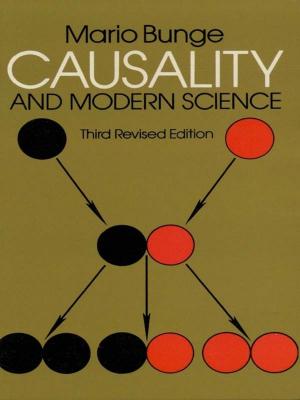Celestial Harvest
300-Plus Showpieces of the Heavens for Telescope Viewing and Contemplation
Nonfiction, Science & Nature, Science, Physics, Astronomy| Author: | James Mullaney | ISBN: | 9780486170923 |
| Publisher: | Dover Publications | Publication: | May 27, 2013 |
| Imprint: | Dover Publications | Language: | English |
| Author: | James Mullaney |
| ISBN: | 9780486170923 |
| Publisher: | Dover Publications |
| Publication: | May 27, 2013 |
| Imprint: | Dover Publications |
| Language: | English |
This book describes over 300 celestial wonders that can be viewed with common binoculars and low-power "backyard" telescopes incorporating refractors and reflectors.
In addition to such showpieces as the Andromeda Galaxy, the largest and brightest of all galaxies after the Milky Way, and the Blue Snowball, one of the autumn sky's outstanding planetary nebulas, over 20 other special objects are listed and characterized, many of which are visible to the unaided eye on a dark, clear night.
The sun, moon, Venus, Mars, Jupiter, Saturn, and other members of the earth’s solar system are also described, as are such bright asteroids as Ceres, Juno, and Vesta; open star clusters, diffuse nebulas, supernova remnants, spiral galaxies, elliptical galaxies, and a host of other astronomical phenomena. An abbreviated descriptive format is used to accommodate as much information on observation as possible for both field and armchair use.
This book describes over 300 celestial wonders that can be viewed with common binoculars and low-power "backyard" telescopes incorporating refractors and reflectors.
In addition to such showpieces as the Andromeda Galaxy, the largest and brightest of all galaxies after the Milky Way, and the Blue Snowball, one of the autumn sky's outstanding planetary nebulas, over 20 other special objects are listed and characterized, many of which are visible to the unaided eye on a dark, clear night.
The sun, moon, Venus, Mars, Jupiter, Saturn, and other members of the earth’s solar system are also described, as are such bright asteroids as Ceres, Juno, and Vesta; open star clusters, diffuse nebulas, supernova remnants, spiral galaxies, elliptical galaxies, and a host of other astronomical phenomena. An abbreviated descriptive format is used to accommodate as much information on observation as possible for both field and armchair use.















